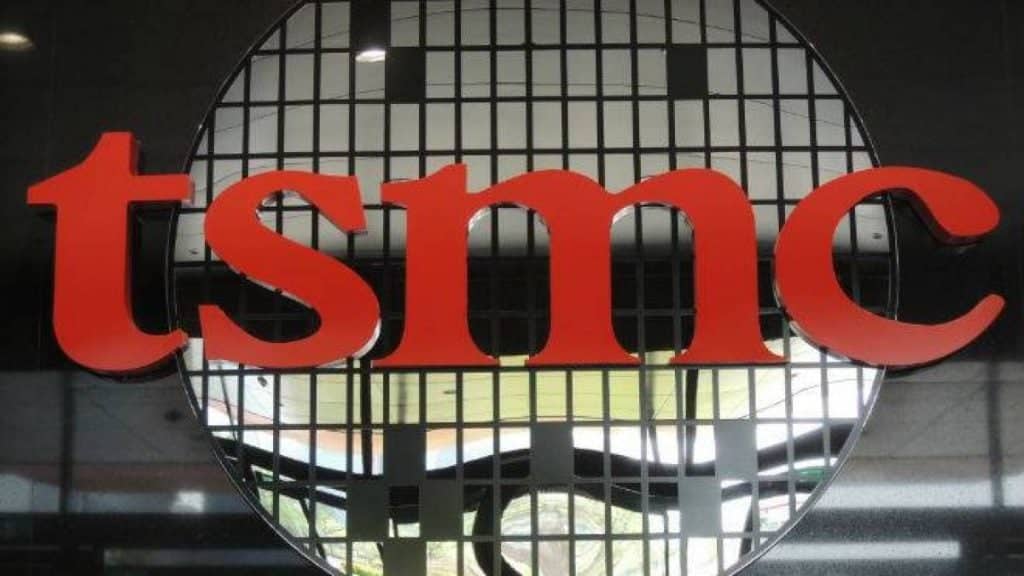Taiwanese chip manufacturer, TSMC, is the largest and one of the most advanced in the world. It is currently mass-producing 5nm chips while 3nm and 2nm processes are in development. In chip manufacturing, only Samsung is on par with TSMC. Even Samsung is a bit behind TSMC. A company of this caliber obviously has innovations insight. Now, there are reports that 25% of TSMC production plant power consumption will be renewable energy in 2030.

According to TSMC, it will adopt a more aggressive and active renewable energy plan. By 2030, 25% of the company’s production plant will use renewable energy. In addition, all its non-production plants will be powered by renewable energy. The ultimate long-term goal is for all its plants (production or non-production) to use renewable energy.
TSMC also stated that as of July 2020, a total of 1.2 GW of renewable energy power purchase contracts will be signed. Since renewable energy power does not generate carbon emissions during power production, it is expected to reduce carbon emissions by 2.189 million tons annually.
Technological giants pay attention to green manufacturing and the protection of the environment. For example, Apple announced as early as 2018 that the proportion of clean energy in the company’s power supply has increased from 96% in the previous year to 100%. All retail stores, offices, data centers, partner data centers, and its headquarters uses a clean energy power supply. The roof of Apple Park is a solar panel, which is one of the largest on-site solar installations in the world.




